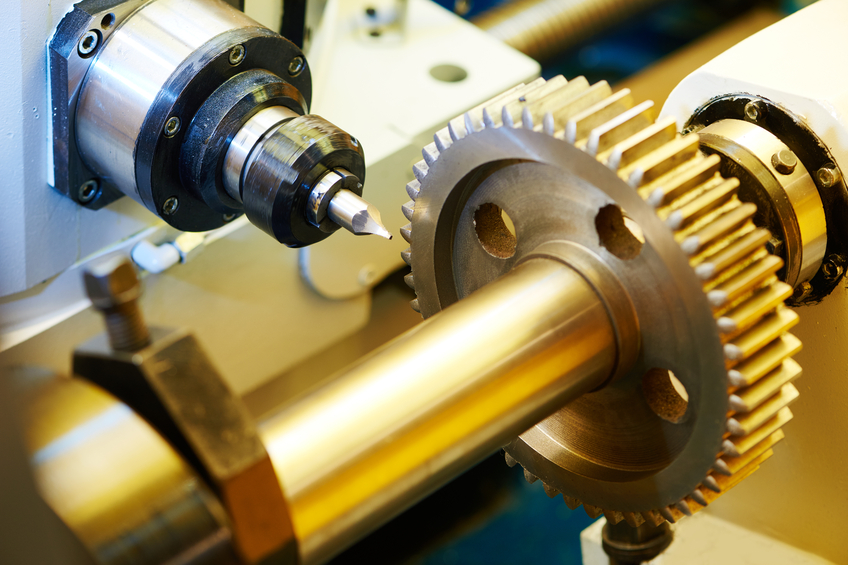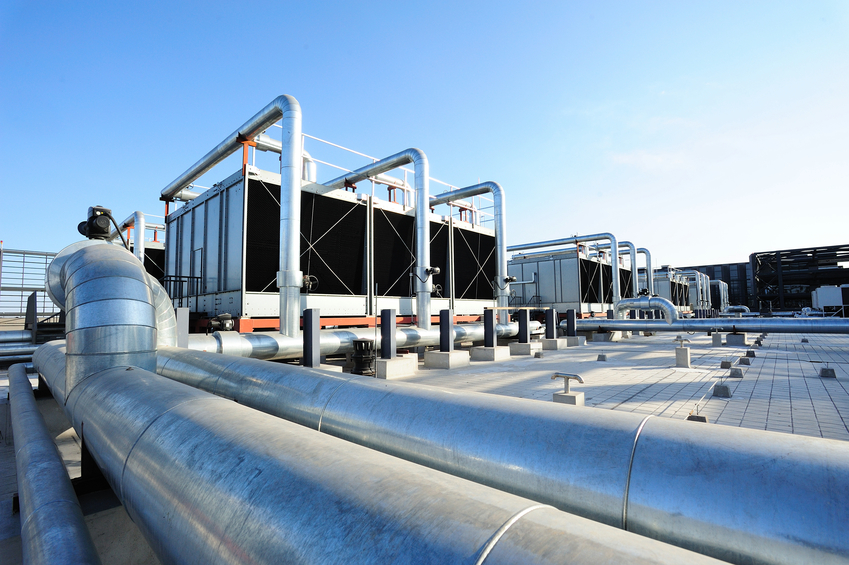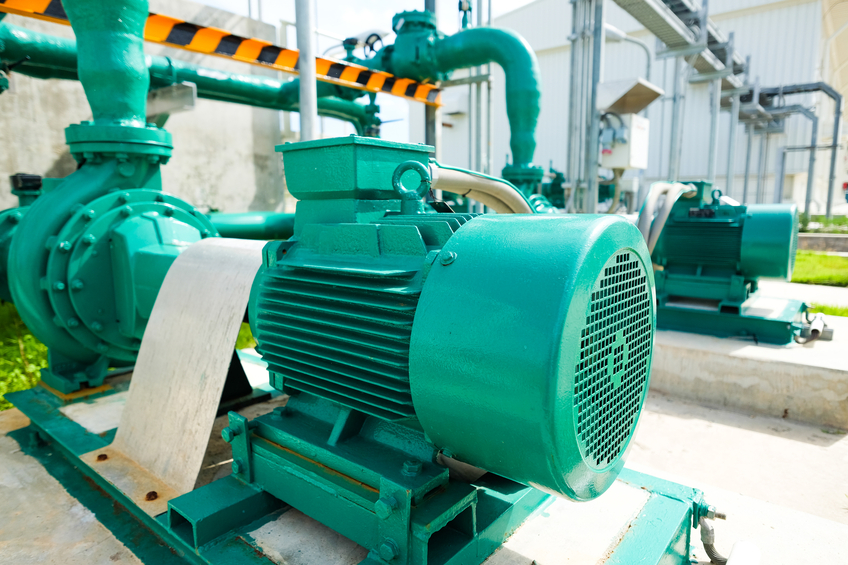Iowa Mechanical 10 PDH Discount Package 1
Heat Exchangers (M02-001)
Centrifugal and Positive Displacement Pumps (M03-002)
Water Efficiency Management Guide for Mechanical Systems (M02-055)

This online engineering PDH course presents the fundamentals of Heat Transfer which is the study of thermal energy in transit due to temperature difference. Heat Transfer is a basic branch in thermal sciences which explains how heat is transferred by conduction, convection and thermal radiation. This course also explains how specific parameters can affect the rate of heat transfer.
This 3 PDH online course is applicable to mechanical and chemical engineers, nuclear facility operators, maintenance personnel, and other technical staff who are interested in understanding the mechanics of heat transfer.
This PE continuing education course is intended to provide you with the following specific knowledge and skills:
- Learning heat transfer terminology
- Understanding conduction heat transfer
- Understanding convection heat transfer
- Understanding radiant heat transfer
- Performing heat transfer design calculations
In this professional engineering CEU course, you need to review Volume 2 of the Department of Energy Publication DOE-HDBK-1012/1-92, "Thermodynamics, Heat Transfer and Fluid Flow".
Upon successful completion of the quiz, print your Certificate of Completion instantly. (Note: if you are paying by check or money order, you will be able to print it after we receive your payment.) For your convenience, we will also email it to you. Please note that you can log in to your account at any time to access and print your Certificate of Completion.

This online engineering PDH course describes the construction of plate heat exchangers as well as tube and shell heat exchangers. It also describes the flow patterns and temperature profiles in parallel flow, counter flow, and cross flow heat exchangers.
The transfer of thermal energy between fluids is one of the most important and frequently used processes in engineering. The transfer of heat is usually accomplished by means of a device known as a heat exchanger. Common applications of heat exchangers include boilers, fan coolers, cooling water heat exchangers, and condensers.
This 2 PDH online course is applicable to mechanical and chemical engineers, nuclear facility operators, maintenance personnel, and technical staff to fully understand the impact that their actions may have on the safe and reliable operation of facility components and systems.
This PE continuing education course is intended to provide you with the following specific knowledge and skills:
- Understanding the purpose of heat exchangers
- Learning the different types of heat exchangers
- Understanding heat exchanger applications
In this professional engineering CEU course, you need to review DOE-HDBK-1018/1-93, Volume 1, Module 2 of "Mechanical Science" published by the Department of Energy.
Upon successful completion of the quiz, print your Certificate of Completion instantly. (Note: if you are paying by check or money order, you will be able to print it after we receive your payment.) For your convenience, we will also email it to you. Please note that you can log in to your account at any time to access and print your Certificate of Completion.

This online engineering PDH course explains the operation of centrifugal and positive displacement pumps. In general a pump is a mechanical device that is used to raise the flow of a fluid from one elevation to the other by increasing the pressure of the fluid.
Centrifugal pumps use a centripetal force, which is defined as the action that causes the fluid to move away from its center of rotation. Where as positive displacement pumps physically entrap a quantity of liquid at the suction of the pump and push that quantity out the discharge of the pump.
This 3 PDH online course is applicable to mechanical engineers, plant operators, maintenance personnel, and technical staff who are interested in gaining a better understanding centrifugal and displacement pump design and operation.
This PE continuing education course is intended to provide you with the following specific knowledge and skills:
- Learning the principle of operation of centrifugal and positive displacement pumps
- Learning the types and components of centrifugal and positive displacement pumps
- Understanding cavitation and cavitation prevention measures
- Performing Net Positive Suction Head calculations
- Understanding the characteristic curves of centrifugal and positive displacement pumps
- Understanding the protection methods of centrifugal and positive displacement pumps
In this professional engineering CEU course, you need to review DOE-HDBK-1018/1-93, Volume 1, Module 3 of Mechanical Science" published by the Department of Energy.
Upon successful completion of the quiz, print your Certificate of Completion instantly. (Note: if you are paying by check or money order, you will be able to print it after we receive your payment.) For your convenience, we will also email it to you. Please note that you can log in to your account at any time to access and print your Certificate of Completion.

This online engineering PDH course presents guidelines on how to reduce mechanical system water use in residential buildings. Mechanical systems are frequently utilized to provide heating and cooling for residential properties. They typically fall into two categories: centralized and decentralized systems.
Centralized mechanical systems provide heating and cooling from a central location, such as a mechanical room or utility penthouse. These systems are more common in mid- and high-rise multifamily properties and can include cooling towers, boilers, and steam systems, each of which uses water as the heat transfer medium. As a result, the use of water for building heating and cooling can be significant and using sound management practices is a good opportunity for water savings.
Decentralized mechanical systems treat each unit of a multifamily property as its own space, as if each unit were a stand-alone single-family residence. These systems do not typically use process water, so they are not the focus of this water efficiency management guide.
This 2 PDH online course is intended for mechanical, environmental and civil engineers, as well as other technical personnel who are interested in learning more about reducing water use in mechanical systems.
This PE continuing education course is intended to provide you with the following specific knowledge and skills:
- Understanding the basics principles behind single-pass cooling, cooling towers and boiler/steam systems
- Understanding mechanical system water use
- Familiarizing with the maintenance and best management practices
- Knowing the mechanical systems retrofit and replacement options
- Familiarizing with the water savings calculations and assumptions
Upon successful completion of the quiz, print your Certificate of Completion instantly. (Note: if you are paying by check or money order, you will be able to print it after we receive your payment.) For your convenience, we will also email it to you. Please note that you can log in to your account at any time to access and print your Certificate of Completion.